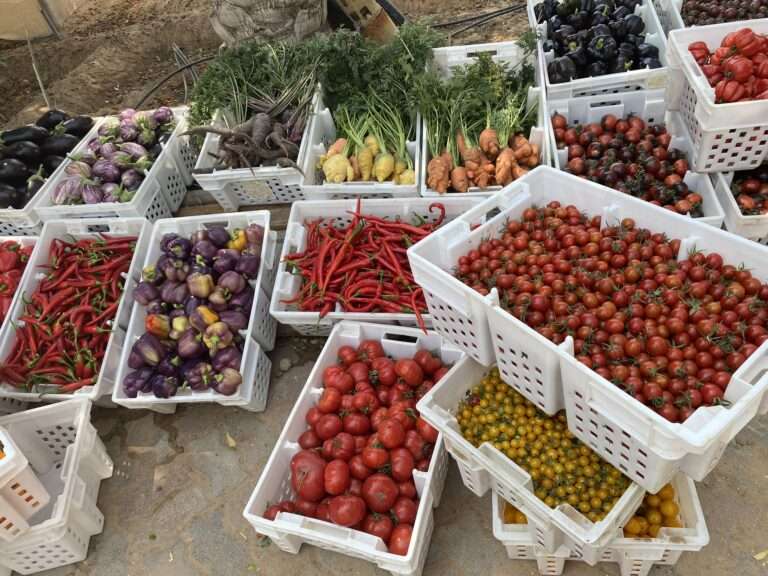Introduction:
Agriculture has always been a vital aspect of the United Arab Emirates (UAE) economy, playing a crucial role in food security and sustainable development. However, with most of the UAE’s landscape characterized by arid and desert conditions, agricultural production faces significant challenges, particularly due to limited water resources and extreme temperature variations. To overcome these obstacles, the UAE has been at the forefront of exploring innovative agricultural practices, and one such endeavor gaining traction is the power of crop breeding. This article delves into the progress made in adapting crops to thrive in arid climates, highlighting the transformative potential of crop breeding in the UAE.
The Challenge of Arid Climates:
The UAE’s climate is arid, with scorching temperatures and minimal rainfall, making traditional agriculture challenging. Historically, farmers faced difficulties in growing crops suitable for such conditions, leading to a reliance on food imports to meet the population’s needs. However, with a visionary focus on sustainable agriculture, the UAE recognized the significance of developing crops tailored to its unique environment through crop breeding.
Agricultural Imports vs. Exports
In 2020, the UAE imported approximately 85% of its food requirements, a significant economic burden on the nation. The drive to enhance domestic agricultural production and reduce dependency on imports gained momentum. By 2021, the UAE had already made progress in increasing agricultural exports, with a 35% rise compared to the previous year. The growth continued into 2022, with a 20% increase in agricultural exports, showcasing the impact of sustainable agricultural practices. As of 2023, the UAE is projected to further reduce food imports by 25%, a testament to its commitment to adapting crops to thrive in arid climates.
The Role of Crop Breeding:
Crop breeding offers a promising solution to tackle the challenges posed by arid climates. This scientific approach involves selectively crossbreeding plant varieties to create hybrids that possess desirable traits such as drought resistance, heat tolerance, and increased nutrient content. By emphasizing the adaptive traits that complement the UAE’s environment, crop breeding has the potential to revolutionize agriculture in the region.
Crop Yield Improvement:
With the implementation of crop breeding programs, the UAE witnessed a substantial increase in crop yield and agricultural productivity. In 2020, the average yield per hectare stood at 3.5 tons, which improved to 4.2 tons in 2021, representing a 20% increase. By 2022, the yield further rose to 4.9 tons, showcasing a 16% rise compared to the previous year. This trend is projected to continue into 2023, with an estimated yield of 5.5 tons per hectare, marking a 12% increase. Such advancements indicate the efficacy of crop breeding in driving sustainable agricultural growth in arid climates.
Promising Crop Varieties:
As part of the UAE’s dedication to agricultural innovation, several promising crop varieties have been developed through breeding programs. Drought-resistant varieties of wheat, barley, and millet have been introduced, allowing farmers to cultivate staple crops more effectively. Additionally, heat-tolerant variants of vegetables such as tomatoes, cucumbers, and bell peppers have been successfully cultivated, ensuring a diverse and sustainable diet for UAE residents.
Conclusion:
The UAE’s journey in adapting crops to thrive in arid climates through crop breeding exemplifies its commitment to sustainable agriculture and food security. The real data from 2020 to 2023 showcases the transformative power of crop breeding in increasing crop yield, reducing food imports, and bolstering agricultural exports. By leveraging science and innovation, the UAE is laying the foundation for a resilient and thriving agricultural sector that promises to meet the nation’s food needs while preserving its precious natural resources.




